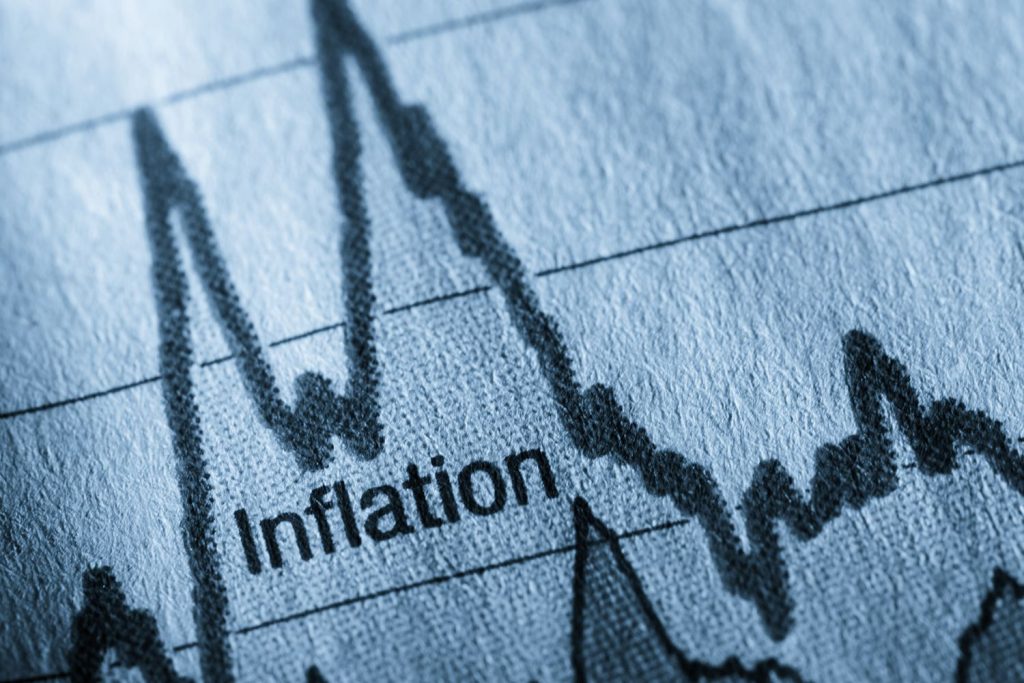
How does inflation affect the stock market?
Scan today’s headlines and you’ll see countless stories about rising inflation. According to the Australian Bureau of Statistics, the consumer price index rose by 1.3% in Q4 2021, or 3.5% over the year. While this might not be as stratospheric as the rises currently being experienced in the likes of the UK, EU, or USA, it’s still significant, and there may be more to come.
While there’s no questioning that inflation is bad news for everyday spending and wage spending power, it’s less obvious what its effect on the stock market will be.
In this article we explore the topic, drilling down into what inflation is, and the various ways it affects the stock market.
What is inflation?
There are a few ways to define inflation that are helpful when assessing its affect on the stock market. On a basic level, inflation tracks how much an amount of money can purchase over time. It’s linked to the cost of goods and services, which are tracked and expressed as growing in percentage terms.
There are two main types of inflation:
- Cost-push inflation – This occurs when there are fewer goods and services available due to supply problems, thereby increasing the apparent demand for each individual good or service. With greater demand, the producers or providers have a reason to increase prices.
- Demand-pull inflation – This type of inflation happens when the demand for goods and services increases naturally as consumers want to purchase more. Demand reduces supply, which leads to producers and providers increasing prices.
In the past few years, we can see both types of inflation occurring: cost-push due to household saving, then spending, and generous economic polices; and demand-pull due to supply chain disruptions and increased demand post-lockdown.
What effect does inflation have on the stock market?
Whether you’re interested in the fate of the wider economy or want to know more to inform investment activities like CFD trading, it’s key to bear in mind that inflation can have an effect on stocks.
It all comes down to whether the company you’re invested in is affected by the inflation. If it’s able to increase prices more than the rate of inflation, you may receive a good dividend and increasing stock prices. If its operations are disrupted by a lack of products, services or costs rise without an increase in prices, or consumers begin to tighten their belts, reducing demand, then your stocks could be adversely affected.
What’s more, capital held up in stocks that doesn’t perform as well as the rate of inflation will decrease in value.
What is your strategy for coping with inflation in the stock market? Let us know your thoughts in the comments section.

“Incurable web evangelist. Hipster-friendly gamer. Award-winning entrepreneur. Falls down a lot.”
